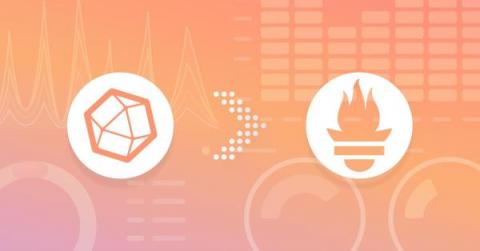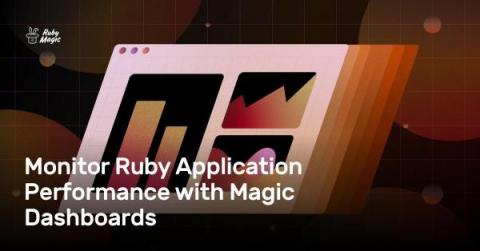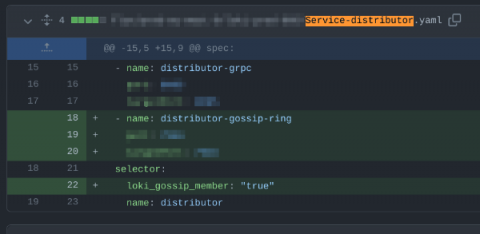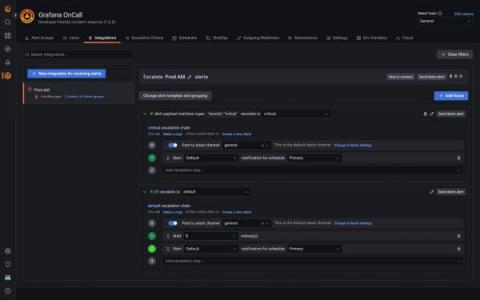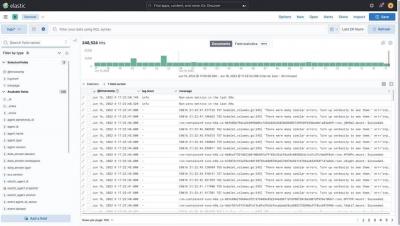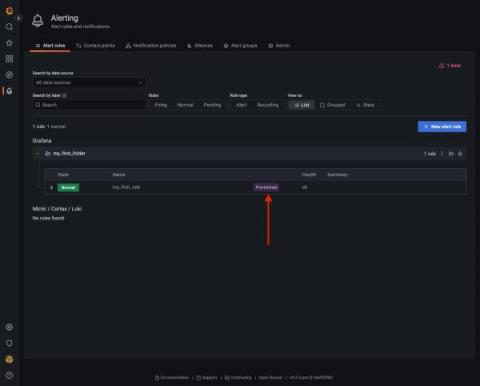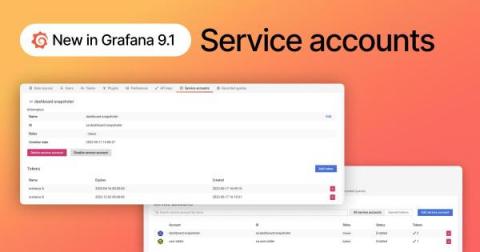Automatically Convert Grafana Dashboards from InfluxQL to PromQL with a New Open Source Tool
It’s monitoring time. We all collect metrics from our system and applications to monitor their health, availability and performance. Our metrics are essentially time-series data collected from various endpoints. Then, it is stored in time series specialized databases, and then visualized in the metrics graphs we all know and love.


